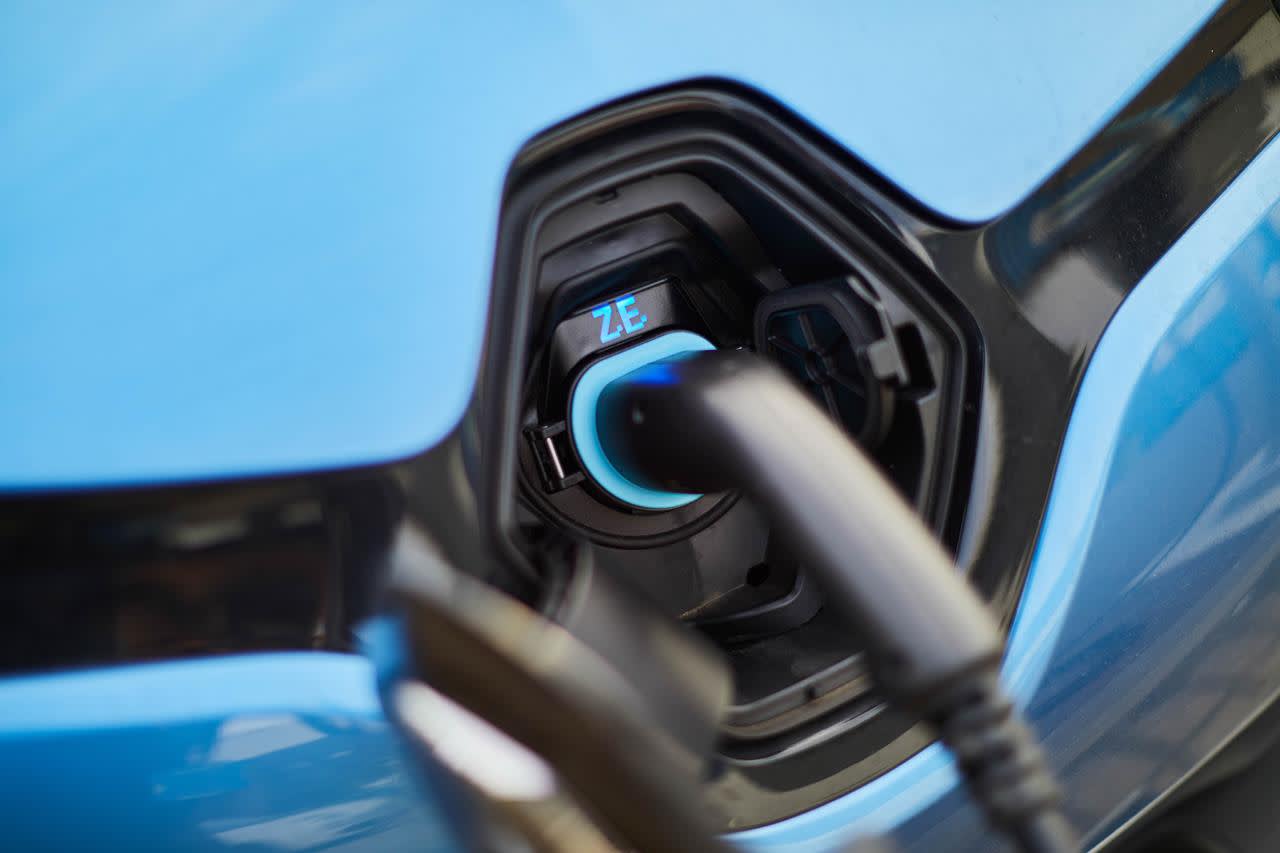Why switch your fleet to EVs?
With so much coverage of electric vehicles (EVs) in the media, we take it back to basics and recap the benefits of fleet electrification for your business.

Zero tailpipe emissions
One of the most overwhelming benefits EVs possess is environmental – their ability to improve local air quality and give your business’s eco-credentials a boost.
Fully electric vehicles (and plug-in hybrids driven in electric mode) produce no harmful exhaust emissions. That means no carbon dioxide (CO2), no nitrogen oxide (NOx) and no particulates (atmospheric aerosol particles).
As a result, EVs can really help your business meet its sustainability goals. This is especially true if you’re generating your own renewable energy to charge them. Learn more about how EVs cut emissions in our guide to EV fleet sustainability.
Government grants
The initial outlay of buying EVs and investing in a charging infrastructure is still a barrier to electrification for many businesses. However, there are a number of grants and initiatives available to help offset upfront costs.
For example, some grants offer large discounts on the purchase price of electric vans. Others provide support for funding charge station installation.
Read our guide to grants, subsidies and incentives for a round-up of currently available support.
Low running and maintenance costs
With no engine, no transmission and no gearbox, there are far fewer working parts in an EV than in a conventional petrol, diesel or even hybrid vehicle. That means less to maintain and less to go wrong – so less cost for you and more time on the road for your vehicles.
Add to that the cost savings of recharging versus refuelling – which even when energy costs are high remain substantial – and total cost of ownership swings in EVs’ favour. And there are more savings still…
Avoiding city-centre charges
London’s Congestion Charge means drivers of petrol and diesel vehicle drivers have to pay £15 per day for entering the city centre. The Government also charges drivers in the Ultra Low Emission Zone (ULEZ) – a far larger area around the capital – if their vehicles don’t meet declared-emissions criteria.
The charges are rising, the zones are growing, and other UK cities are following suit as they seek to reduce congestion and promote clean-air environments.
EVs are exempt from these charges.
High purchase prices often put prospective customers off EVs. But with grants available and fuelling, maintenance and charge-exemption cost savings accruing day by day, EVs work out to be a shrewd investment in the long-term.
Energy storage potential
As the number of EVs on UK roads continues to rise, the demand on the energy system grows. Renewable energy sources, by their nature, are intermittent: the sun doesn’t always shine and the wind doesn’t always blow. This makes it hard for National Grid to match supply with demand.
The batteries in EVs can help address this challenge.
Charging your EV fleet at off-peak times when electricity is cheaper means the energy’s more likely to be available to the Grid when demand is higher. Selling the electricity back to the Grid at a profit – ‘demand side response’ via Vehicle to Grid (V2G) technology – could provide significant revenue streams for organisations in the future. Find out more about V2G here.
Equally, you could discharge the stored energy into your own electricity supply during peak hours when consumption usually costs more. Managed effectively this could generate substantial savings.
Beating the ban
As well as enjoying the benefits already listed above, there’s another benefit of switching your organisations vehicles to EVs now. And that’s getting ahead of the not-so-distant 2035 deadline on the sale of petrol and diesel vehicles.
Beginning your organisation’s transition to EVs well ahead of the deadline gives you the chance to phase your electrification. Identifying vehicles that are ‘easy’ to switch, and prioritise those, will help understand the full impact of the ban on your organisation. It’ll also help spread the upfront costs.
Leaving electrification until the last minute could prove both expensive and disruptive to your business-as-usual operations.
Get in touch to speak with our experts about making the switch to EVs.
Get in touch

